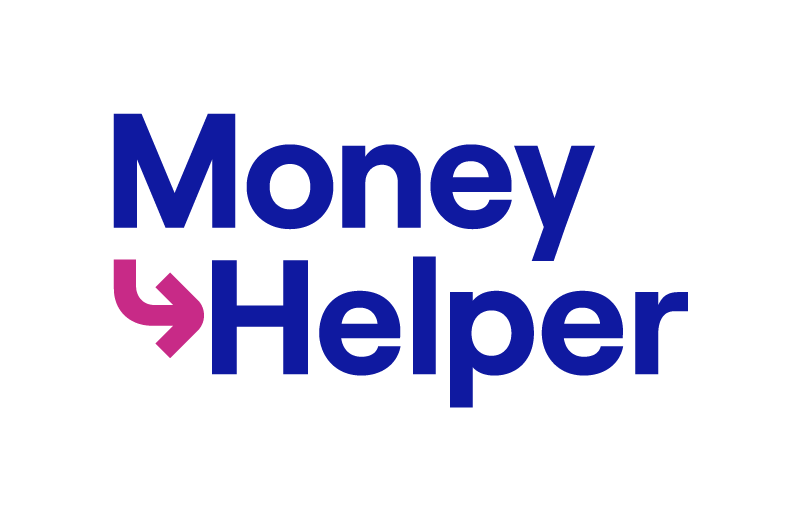How we help you
- September 2012
- August 2012
- July 2012
- June 2012
What documents do I need to start an IVA?
An IVA (Individual Voluntary Arrangement) is a legally binding agreement between you and your lenders, and as such you'll need to provide your Insolvency Practitioner (IP) with certain documents before it can start. You'll need:
• Wage slips or other proof of income.
• Proof or your mortgage or rent.
• Bank statements.
• Reference numbers for all the unsecured debts you want to include in your IVA. This is the account number you were given when you took the debt out.
What are the documents for?
Individual Voluntary Arrangements are only for people who really need them. You might need an IVA if you really can't keep up with your unsecured debts each month, and you can't see yourself clearing those debts in a realistic amount of time.
This means that to start an IVA, you must have evidence that you can't afford to repay your unsecured debts as they stand.
So your wage slips will prove how much income you get every month. This is a starting-off point. Your bank statement, proof of mortgage or rent will then be looked at. From this is can be calculated how much you spend in total on a number of essential costs such as mortgage/rent, bills, food, petrol and clothing.
Once these essential monthly costs have been fully accounted for, you can see how much you have left over every month to put towards your unsecured debts. Your references for your debts will show your IP how many lenders you have and how much you are meant to pay them each month.
Your new payments on an IVA will fit around all your other important costs - so you won't have to worry about missing anything important.
Find out more about what happens during an IVA here.
How could an IVA help?
On an IVA, your unsecured debt repayments will be reduced to a more reasonable level that you can afford. Your lenders will have to agree to these new payments before the IVA can start, and they're more likely to if they can see that it's the best way for you to repay what you owe them (which you can prove with your documentation).
Once they agree, you will make one smaller payment each month to your IP, which will be shared out fairly among your lenders - and interest and charges on your unsecured debts will be frozen.
On successful completion (normally after five years), if you've stuck to your agreed payments, any remaining unsecured debt (included in your IVA) will be written off.
Other things to think about
An IVA could help you deal with your unmanageable unsecured debts, but there are disadvantages. If you're a homeowner, for example, it's likely that you'll be expected to release some equity from your home in the final year of your IVA - so you have more to contribute towards your debts.
And an IVA will damage your credit rating for six years (although continuing to struggle with your debts would also damage your credit rating) - as well as being recorded on a publicly available Insolvency Register.
Clearly starting an IVA is a big decision, and not one that you should take alone. If you're struggling with debt, it's best to seek professional advice to put you on the right track.
If you’d like to find out whether an IVA could be the best approach for you to take, just fill in the form on this page
By Matthew Plant.

It's good to know:
- We negotiate with the UK's major lenders and retailers
- We pride ourselves on our approach to great customer service
- Each month 1000s of people are benefiting from our help

To find other sources of free advice visit Money Helper. It's here to listen and give free, impartial, trusted guidance. Based around you and backed by government.
Subject to eligibility and acceptance. Fees Payable. Debt write off applies to unsecured debts only and on completion of an IVA, alternative solutions may be offered. If your IVA fails, it could lead to Bankruptcy. Your ability to obtain credit will be affected for at least 6 years. Homeowners may be required to release the equity in their property.